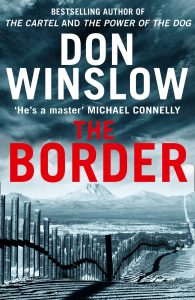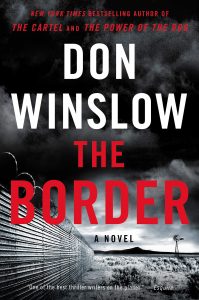Published by HarperCollins UK/Morrow US
The Wych Elm by Tana French
The Lost Man by Jane Harper
Published by Little Brown UK/ Flatiron US
The Stone Circle by Elly Griffiths
Published by Quercus UK/ Houghton Mifflin US
The Silent Patient by Alex Michaelides
Published by Orion UK/ Celadon US
The Devil’s Fjord by David Hewson
Published by Creme de la Crime
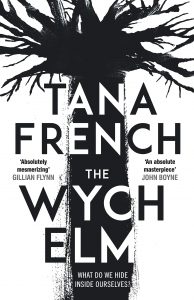 This has been an absolutely vintage month for crime fiction, which makes a lovely way to say good bye as I take a break from my regular column for this site.
This has been an absolutely vintage month for crime fiction, which makes a lovely way to say good bye as I take a break from my regular column for this site.
Don Winslow has now completed his magnificent Mexican drugs trilogy, which began with The Power of the Dog, continued with the The Cartel and now concludes with The Border. His hero, Art Keller, has fought the cartels throughout, sometimes breaking the law and often breaking his own heart as he witnesses the vicious cruelty of the cartels and the effect it has had, not only on the victims but also on the perpetrators of the violence. One character from The 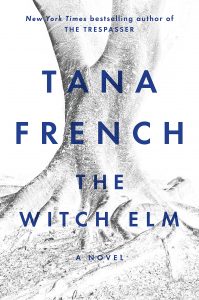 Cartel, Chuy, reappears here. This is a young boy forced to kill and maim for the drug dealers, who, when he eventually escapes, kills one of them and sews his face on to a football for kicking endlessly against a wall. In this third novel, Keller is appointed to lead the DEA and the action moves from Mexico to the heart of the American establishment, where the cartels’ profits are laundered.
Cartel, Chuy, reappears here. This is a young boy forced to kill and maim for the drug dealers, who, when he eventually escapes, kills one of them and sews his face on to a football for kicking endlessly against a wall. In this third novel, Keller is appointed to lead the DEA and the action moves from Mexico to the heart of the American establishment, where the cartels’ profits are laundered.
Winslow’s knowledge of every aspect of the drugs trade is immense, as is his anger at the incompetence – and worse – of the ‘war on drugs’. The trilogy 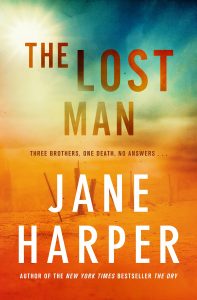 represents the very best of crime fiction.
represents the very best of crime fiction.
Tana French’s scale is smaller than Winslow’s in The Wych Elm , but it packs a punch of its own. Cousins Toby, Susanna, and Leo, grew up holidaying at a house now owned by their dying uncle Hugo. When Toby is savagely beaten during a break-in at his flat and suffers some brain damage, it seems sensible for him to convalesce at the house and keep Hugo company during his last months. Toby’s girlfriend, 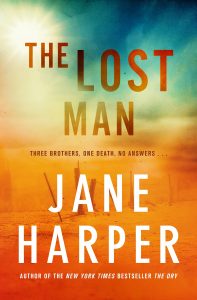 Melissa, joins them and they live in gentle kindness with each other. Their sad idyll is destroyed when a skeleton is found in a hollow tree in the garden. The subsequent police investigation makes the cousins look at their childhood in a quite different light. Uncomfortable secrets are revealed and chains of guilt and responsibility become clear as disasters pile up. This is a psychologically astute and involving novel.
Melissa, joins them and they live in gentle kindness with each other. Their sad idyll is destroyed when a skeleton is found in a hollow tree in the garden. The subsequent police investigation makes the cousins look at their childhood in a quite different light. Uncomfortable secrets are revealed and chains of guilt and responsibility become clear as disasters pile up. This is a psychologically astute and involving novel.
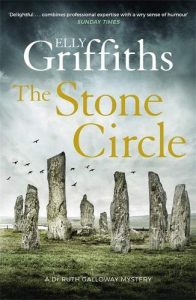 Jane Harper won prizes and plaudits for her first novel, The Dry, but her third, The Lost Man, is even better. Set in the terrible heat of the Australian Outback, it also deals with the revelation of difficult family secrets. Three brothers grew up together on the family farm. When Nathan married, he left for land of his own, while Cameron and Bub remained at home. Now Cameron has died, leaving a wife and two daughters, Bub and their mother. Nathan, who has lived in terrible loneliness since his own wife left him, returns to help sort out the mess left by Cameron’s death.
Jane Harper won prizes and plaudits for her first novel, The Dry, but her third, The Lost Man, is even better. Set in the terrible heat of the Australian Outback, it also deals with the revelation of difficult family secrets. Three brothers grew up together on the family farm. When Nathan married, he left for land of his own, while Cameron and Bub remained at home. Now Cameron has died, leaving a wife and two daughters, Bub and their mother. Nathan, who has lived in terrible loneliness since his own wife left him, returns to help sort out the mess left by Cameron’s death.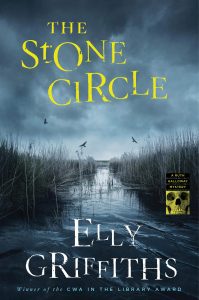
Harper’s depiction of the brutality of the landscape and the killing sun is impeccable, as is her revelation of the full tragedy of the family’s life. Powerful and convincing, this is a novel from a writer with an original voice and great skill.
Elly Griffiths’s Norfolk is as far from Harper’s Outback as it could be, both geographically and in emotional tone. Archaeologist Dr Ruth Galloway and DCI 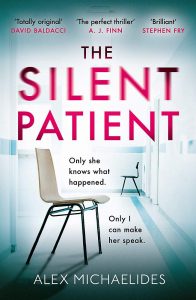 Harry Nelson, the father of her daughter Kate, become involved in another case, when the body of a child is discovered. Their relationship is still full of thwarted longing. Harry is married to someone else and continually jealous of every man to whom Ruth becomes close, and she has to remind herself of how irritating he can be to stop herself pining too badly. Friends and colleagues from earlier novels in the series all have their part to play, including Cathbad, the Druid, who is putting a lid on his eccentricities in order to save his son embarrassment. This is a series of great warmth and charm.
Harry Nelson, the father of her daughter Kate, become involved in another case, when the body of a child is discovered. Their relationship is still full of thwarted longing. Harry is married to someone else and continually jealous of every man to whom Ruth becomes close, and she has to remind herself of how irritating he can be to stop herself pining too badly. Friends and colleagues from earlier novels in the series all have their part to play, including Cathbad, the Druid, who is putting a lid on his eccentricities in order to save his son embarrassment. This is a series of great warmth and charm.
Alex Michaelides shows a quite different kind of investigation in The Silent 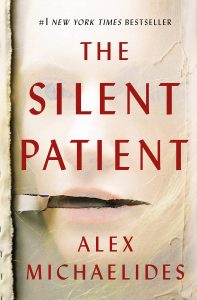 Patient. The sleuth here is Theo, a psychotherapist at a rundown mental hospital with a special interest in one patient, Alicia Berenson, who has been mute since she was convicted of killing her husband. When she attacked a fellow patient before Theo’s arrival, she was sedated and is still controlled by heavy medication. Theo’s account of his work with Alicia is interspersed with sections from the diary she wrote before her husband’s death. Nothing is straightforward in this clever and manipulative novel, and it pulls you on to the devastating conclusion.
Patient. The sleuth here is Theo, a psychotherapist at a rundown mental hospital with a special interest in one patient, Alicia Berenson, who has been mute since she was convicted of killing her husband. When she attacked a fellow patient before Theo’s arrival, she was sedated and is still controlled by heavy medication. Theo’s account of his work with Alicia is interspersed with sections from the diary she wrote before her husband’s death. Nothing is straightforward in this clever and manipulative novel, and it pulls you on to the devastating conclusion.
David Hewson, whose Nic Costa novels brought us all the warmth and delicious food of Rome, now moves to the far north with a novel set in the Faroe Islands. 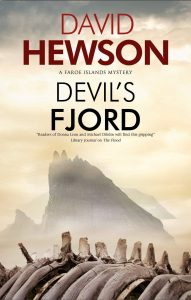 It begins with a powerful description of the Grind, the almost ritual slaughter of whales that was also a feature of John Buchan’s late Hannay novel, The Island of Sheep. The whale meat and blubber will provide not only food for the whole village throughout the winter but also much needed cash. Folklore and tradition combine to provide the rules for the hunt, which is as strange and shocking to the newly arrived Tristan Haraldsen as it will be to most readers. Following the hunt, two difficult young boys go missing and the search for them throws up even more shocking discoveries and make Tristan question his determination to retire to this extraordinary place. Life in Devil’s Fjord is grim indeed.
It begins with a powerful description of the Grind, the almost ritual slaughter of whales that was also a feature of John Buchan’s late Hannay novel, The Island of Sheep. The whale meat and blubber will provide not only food for the whole village throughout the winter but also much needed cash. Folklore and tradition combine to provide the rules for the hunt, which is as strange and shocking to the newly arrived Tristan Haraldsen as it will be to most readers. Following the hunt, two difficult young boys go missing and the search for them throws up even more shocking discoveries and make Tristan question his determination to retire to this extraordinary place. Life in Devil’s Fjord is grim indeed.
So farewell for the moment. Thank you for reading my columns.

